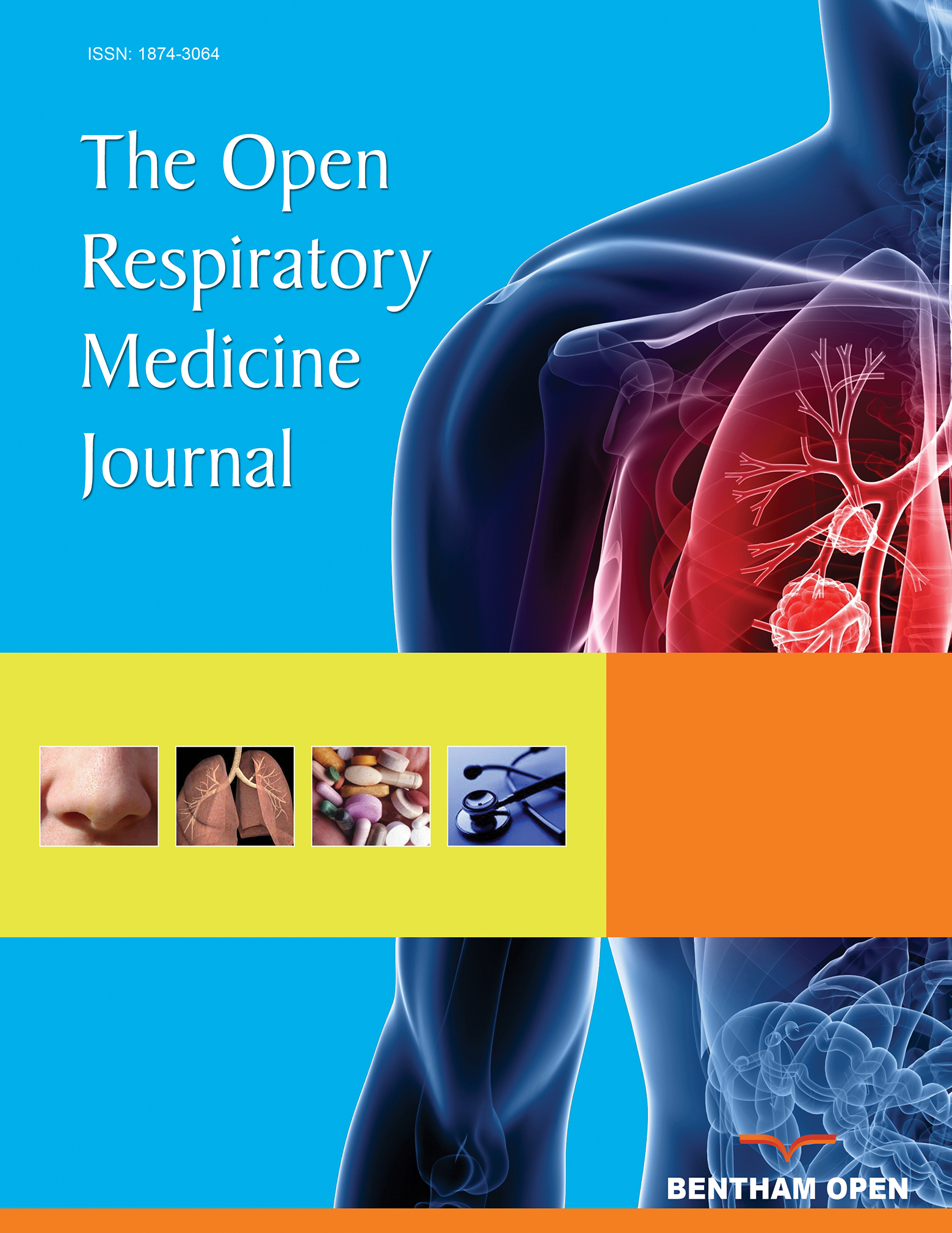All published articles of this journal are available on ScienceDirect.
Interstitial Lung Disease Associated Acute Respiratory Failure Requiring Invasive Mechanical Ventilation: A Retrospective Analysis
Abstract
Background:
Interstitial Lung Disease [ILD] patients requiring Invasive Mechanical Ventilation [IMV] for Acute Respiratory Failure [ARF] are known to have a poor prognosis. Few studies have investigated determinants of outcomes and the utility of trialing Non-Invasive Positive Pressure Ventilation [NIPPV] prior to IMV to see if there are any effect[s] on mortality or morbidity.
Methods:
A retrospective study was designed using patients at four different intensive care units within one health care system. The primary objective was to determine if there are differences in outcomes for in-hospital and one-year mortality between patients who undergo NIPPV prior to IMV and those who receive only IMV. A secondary objective was to identify potential determinants of outcomes.
Results:
Out of 54 ILD patients with ARF treated with IMV, 20 (37.0%) survived until hospital discharge and 10 (18.5%) were alive at one-year. There was no significant mortality difference between patients trialed on NIPPV prior to IMV and those receiving only IMV. Several key determinants of outcomes were identified with higher mortality, including higher ventilatory support, idiopathic pulmonary fibrosis (IPF) subtype, high dose steroids, use of vasopressors, supraventricular tachycardias (SVTs), and higher body mass index.
Conclusion:
Considering that patients trialed on NIPPV prior to IMV were associated with no mortality disadvantage to patients treated with only IMV, trialing patients on NIPPV may identify responders and avoid complications associated with IMV. Increased ventilator support, need of vasopressors, SVTs, and high dose steroids reflect higher mortality and palliative care involvement should be considered as early as possible if a lung transplant is not an option.


